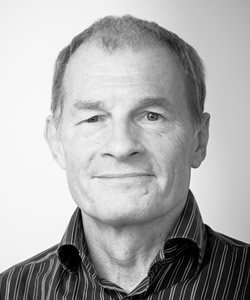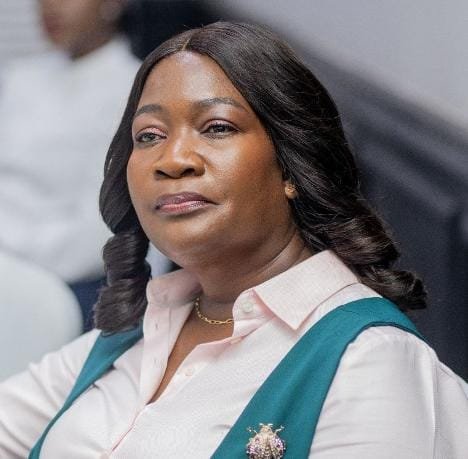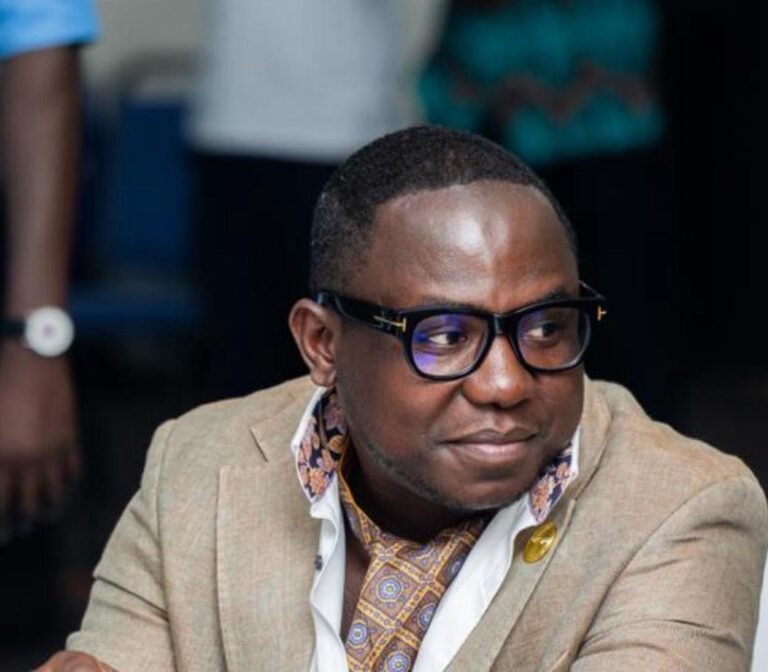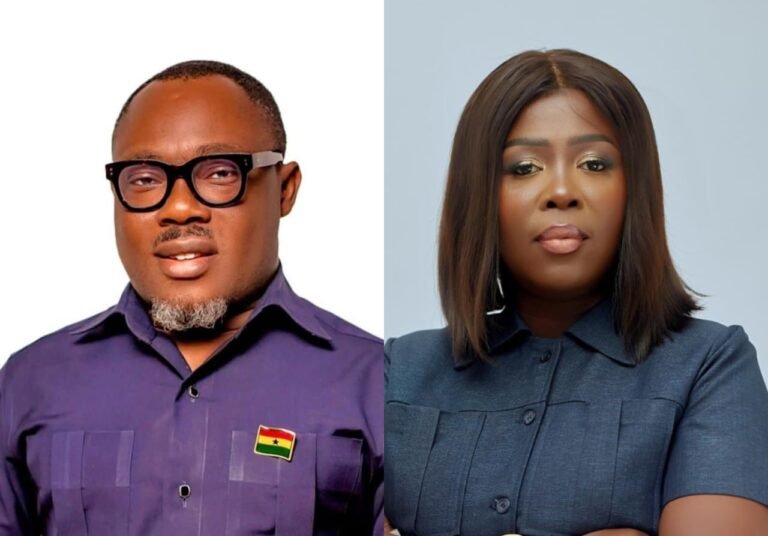
The writer
By Jeffrey Haynes
I am a student of religion and politics from the UK, currently visiting Ghana for research purposes during this pre-election period. Ghana’s general elections are now only days away. Religious leaders, including prophets, have called for peace during the election campaign. Some prophets, in addition, claim that God has told them that He prefers one of the two main candidates, Dr Bawumia or Mr Mahama. Confusingly, however, God appears to be in two minds about which of the two leading candidates he prefers; prophets have identified both men as God’s choice. Interesting, none of the fringe presidential candidates have been identified by God as the person who will win the presidential election; it’s between the two frontrunners.
The general election campaign is not only about which presidential candidate and which political party will triumph. It is also about how Ghana’s democracy can be improved. Some see a close link between religion, morality and democracy in Ghana. The Church of Pentecost, Ghana’s largest church with approaching four million members, works with the government of Ghana, as well as the main opposition party, to introduce and develop a national framework to improve Ghana’s morality, development and democracy.
Corruption in Ghana is a key source of immorality. To determine links between corruption, values and the role religion plays in people’s attitudes and lives, it is necessary to conduct in-depth research into Ghana’s specific cultural and religious context. This brief article is no more than a preliminary effort to do that. Second, the potential contribution of religion to improve morality, for example, by tackling corruption, is inherently limited, not least because in contemporary Ghanaian society, values are subject to many non-religious influences, both domestic and international. Third, recent Afrobarometer data indicate that many Ghanaians, despite the great majority being followers of religious faith, are sceptical of their religious leaders, believing many to be prone to corruption.
Recent data from Afrobarometer reveals that democracy in Ghana is falling short for many citizens due to various factors, including heightened perceptions of both petty and state-level corruption. There is also a growing sense of pessimism regarding national development and a lack of confidence in the ability of successive governments to address these issues. According to Afrobarometer, “77% of Ghanaians believe that the level of corruption in the country has increased over the past year,” and “87% of citizens feel that Ghana is moving in the wrong direction.” Additionally, when asked about the current government’s effectiveness in “fighting corruption in government,” responses were as follows: 33.5% indicated very badly and 21.0% fairly badly.
Afrobarometer also posed a further question: “How many of the following people do you think are involved in corruption, or haven’t you heard enough about them to say: Religious leaders?” The results revealed that 61.5% of those asked regard ‘some’ religious leaders as corrupt, 17.7% believed ‘most’ are corrupt, and 9.5% think ‘all’ are corrupt. Consequently, nearly nine out of 10 (88.7%) of Ghanaians surveyed in 2020 believed that either ‘some’, ‘most’, or ‘all’ religious leaders are involved in corruption. Furthermore, over half of those surveyed expressed limited faith in religious leaders: 21.0% indicated ‘not at all’ and 31.3% said ‘just a little’. These findings are particularly relevant in light of the Church of Pentecost’s proposal for a National Moral and Integrity Council and a National Moral Vision plan, to be headed by prominent Christian figures and those from Ghana’s other religions, including Islam.
Despite the scepticism of some Ghanaians, there is clearly untapped potential for religious ethics and narratives to contribute to curbing corruption. However, this would only be the case if religion is not merely interpreted in terms of ritual practices, but in terms of its values consistently lived out and translated into appropriate moral behaviour. To attain this, spiritual training and appropriate values should be infused from childhood, and then consistently reinforced throughout adult life.
The Church of Pentecost’s organisation of Ghana’s initial national development conference in July 2023 underlined growing calls for religion to be used in the fight against ‘moral decadence’ and corruption on the assumption that Ghana’s religious elite are more ethical and moral compared to other Ghanaians. Yet, this may be a dubious assumption, not least because many of the more corrupt countries in the world, including Ghana according to Transparency International, also rank highly in terms of religiosity; yet many religious leaders are believed to be corrupt by ‘ordinary’ Ghanaians, according to aforementioned Afrobarometer data.
Some Ghanaians may believe that there is a causal relationship between religion and corruption, involving some religious leaders. Religion may have some impact on attitudes towards corruption, but it may have only a limited impact on actual corrupt behaviour. This is because – despite universal condemnation of corruption – the latter is widely seen by Ghanaians as being so systemic that being incorrupt may make little sense.
Jeffrey Haynes, London Metropolitan University, UK; tsjhayn1@londonmet.ac.uk







